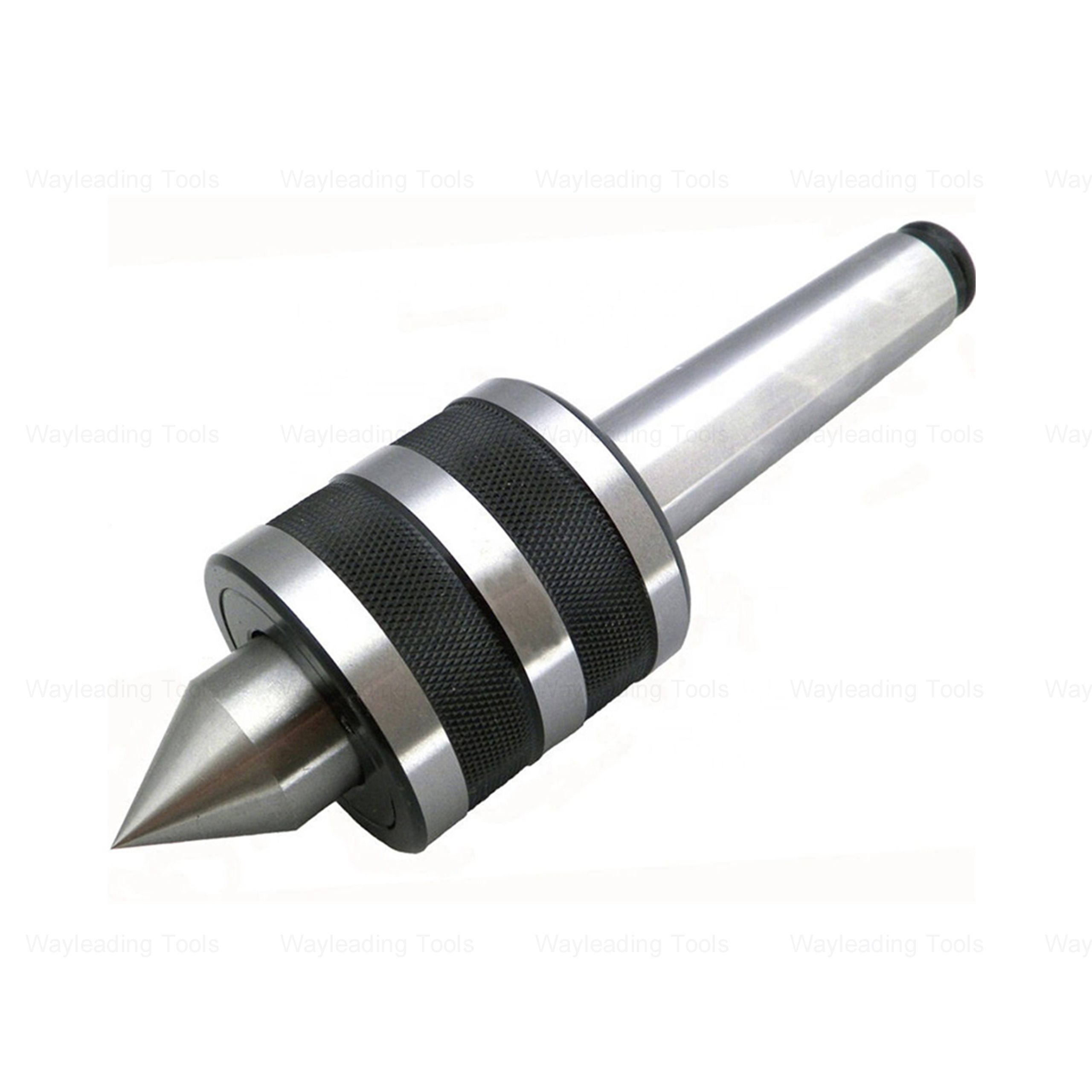Wholesale roughing end mill
Wholesale roughing end mills are essential tools for material removal in machining applications. They are designed to quickly remove large amounts of material, preparing a workpiece for finishing operations. Key factors to consider when selecting a wholesale roughing end mill include the material being machined, the desired surface finish, and the machine tool being used.
Understanding Roughing End Mills
What are Roughing End Mills?
Roughing end mills, sometimes referred to as hog mills or corn cob end mills, are cutting tools specifically designed for rapid material removal. Their unique geometry, characterized by serrated or wavy cutting edges, breaks up chips into smaller pieces, reducing cutting forces and improving coolant flow. This allows for aggressive cutting parameters and efficient material removal rates (MRR).
The Importance of Wholesale Options
For businesses involved in manufacturing, metalworking, or machining, purchasing wholesale roughing end mills offers several advantages. These benefits include:
- Cost Savings: Buying in bulk significantly reduces the per-unit cost of each end mill.
- Inventory Management: Having a sufficient stock of wholesale roughing end mills ensures continuous operation and minimizes downtime due to tool shortages.
- Variety and Selection: Wholesale suppliers typically offer a wider range of sizes, materials, and coatings, allowing businesses to choose the optimal tool for each application.
Factors to Consider When Choosing Wholesale Roughing End Mills
Material Compatibility
The material of the workpiece is a crucial factor in selecting the right wholesale roughing end mill. Different materials require different end mill materials and coatings. For example:
- Steel: High-speed steel (HSS) or cobalt end mills are suitable for general-purpose steel machining.
- Stainless Steel: Carbide end mills with coatings like TiAlN are recommended for improved wear resistance and heat dissipation.
- Aluminum: Aluminum-specific end mills with polished flutes and sharp cutting edges prevent chip buildup.
- Titanium: Carbide end mills with specialized geometries and coatings optimized for titanium alloys are essential.
End Mill Material
The material of the end mill itself plays a significant role in its performance and longevity:
- High-Speed Steel (HSS): Affordable and versatile, HSS end mills are suitable for lower-speed applications and softer materials.
- Cobalt (HSS-Co): Offering improved heat resistance and wear resistance compared to HSS, cobalt end mills are ideal for machining tougher materials like stainless steel.
- Carbide: Providing exceptional hardness, rigidity, and heat resistance, carbide end mills are the best choice for high-speed machining and hard materials. Wayleading Tools offers a wide selection of high-quality carbide wholesale roughing end mills.
Coating Options
Coatings enhance the performance and lifespan of wholesale roughing end mills by reducing friction, improving wear resistance, and increasing heat resistance. Common coatings include:
- Titanium Nitride (TiN): A general-purpose coating that improves wear resistance and tool life.
- Titanium Carbonitride (TiCN): Offering higher hardness and wear resistance than TiN, TiCN is suitable for abrasive materials.
- Titanium Aluminum Nitride (TiAlN): Providing excellent heat resistance and oxidation resistance, TiAlN is ideal for high-speed machining and dry cutting applications.
- Aluminum Oxide (Al2O3): Exceptional hardness and wear resistance.
Flute Geometry
The number of flutes and their geometry affect chip evacuation and cutting performance. More flutes generally result in a better surface finish but can reduce chip clearance. Fewer flutes offer better chip evacuation but may produce a rougher surface finish.
- 2 Flute: Good for aluminum and non-ferrous materials.
- 3-4 Flute: Versatile for general purpose machining.
- 5+ Flute: Ideal for finishing and high feed rates.
Size and Shank Diameter
The size of the wholesale roughing end mill must be appropriate for the machining operation and the machine tool's capabilities. The shank diameter must match the toolholder.
End Type
The end type should match the machining requirement. Most common types are square end and ball end.
Applications of Wholesale Roughing End Mills
Wholesale roughing end mills are used in a variety of industries and applications, including:
- Mold and Die Making: Creating the initial shape of molds and dies.
- Aerospace: Machining structural components from aluminum, titanium, and other aerospace alloys.
- Automotive: Manufacturing engine blocks, cylinder heads, and other automotive parts.
- General Manufacturing: Roughing operations on a wide range of parts and materials.
Tips for Using Roughing End Mills Effectively
- Use Appropriate Cutting Parameters: Consult the manufacturer's recommendations for cutting speed, feed rate, and depth of cut.
- Maintain Proper Coolant Flow: Adequate coolant flow is essential for dissipating heat and flushing away chips.
- Inspect End Mills Regularly: Check for wear, damage, or chipping and replace end mills as needed.
- Secure Workpiece: Ensure the workpiece is securely fixtured to prevent vibration.
Where to Buy Wholesale Roughing End Mills
When sourcing wholesale roughing end mills, consider the following:
- Reputable Suppliers: Choose suppliers with a proven track record of providing high-quality tools.
- Product Range: Look for suppliers offering a wide variety of sizes, materials, and coatings.
- Technical Support: Select suppliers that can provide technical support and assistance with tool selection and application.
- Pricing and Payment Terms: Compare prices and payment terms from different suppliers to find the best deal.
Example Table: Comparing Roughing End Mill Materials
| Material | Hardness | Heat Resistance | Cost | Typical Applications |
|---|---|---|---|---|
| HSS | Moderate | Low | Low | General-purpose machining of softer materials |
| Cobalt (HSS-Co) | High | Moderate | Moderate | Machining of tougher materials like stainless steel |
| Carbide | Very High | Very High | High | High-speed machining and machining of hard materials |
Note: This table provides a general comparison and actual performance may vary.
Conclusion
Selecting the right wholesale roughing end mill is crucial for efficient and cost-effective machining operations. By considering factors such as material compatibility, end mill material, coating options, and flute geometry, businesses can optimize their material removal processes and improve overall productivity. Consider Wayleading Tools for your wholesale roughing end mill needs.
Related products
Related products
Best selling products
Best selling products-
 Precision 2pcs Angle Blocks Set With High Quality Type
Precision 2pcs Angle Blocks Set With High Quality Type -
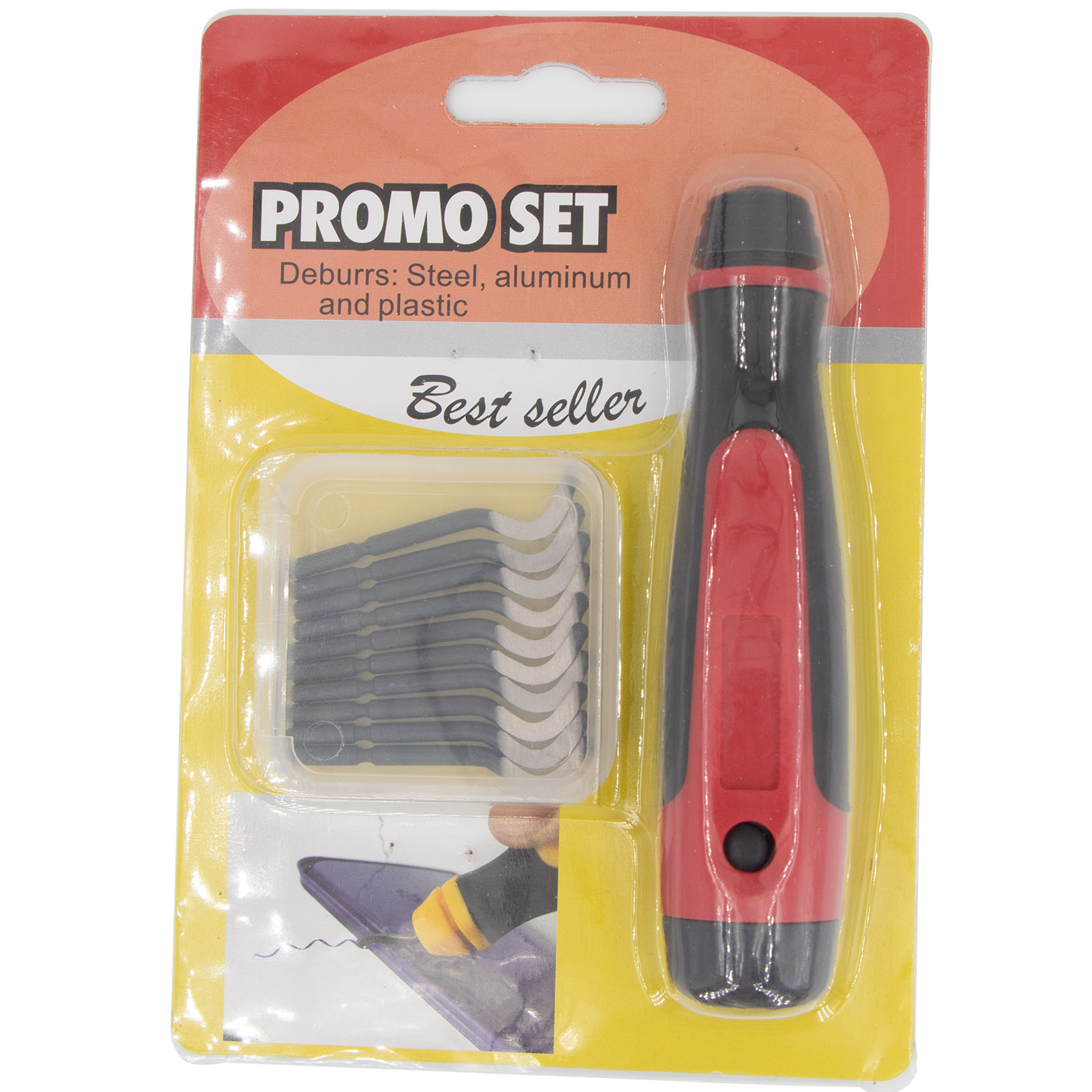 Type E Heavy Duty Deburring Tool Set With Deburring Holder And Deburring Blade
Type E Heavy Duty Deburring Tool Set With Deburring Holder And Deburring Blade -
 Precision Monoblock Vernier Caliper With Nib Style Jaws Of Metric & Imperial For Industrial
Precision Monoblock Vernier Caliper With Nib Style Jaws Of Metric & Imperial For Industrial -
 Precision Vernier Caliper With Nib Style Jaws Of Metric & Imperial For Industrial
Precision Vernier Caliper With Nib Style Jaws Of Metric & Imperial For Industrial -
 Auto Self Reversible Tapping Chuck In Drill Machine
Auto Self Reversible Tapping Chuck In Drill Machine -
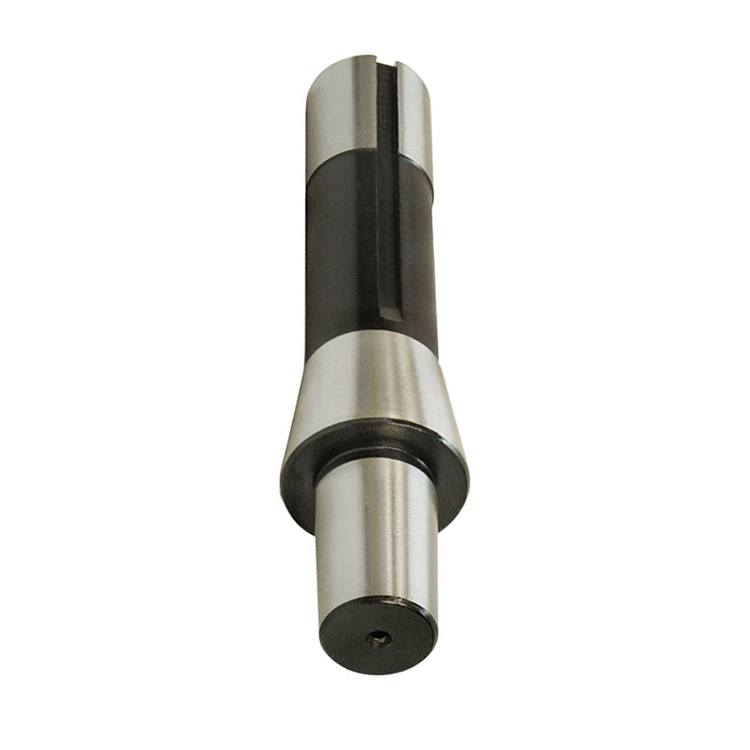 R8 Drill Chuck Arbor For Milling Machine
R8 Drill Chuck Arbor For Milling Machine -
 CCMT Turning Insert For Indexable Turning Tool Holder
CCMT Turning Insert For Indexable Turning Tool Holder -
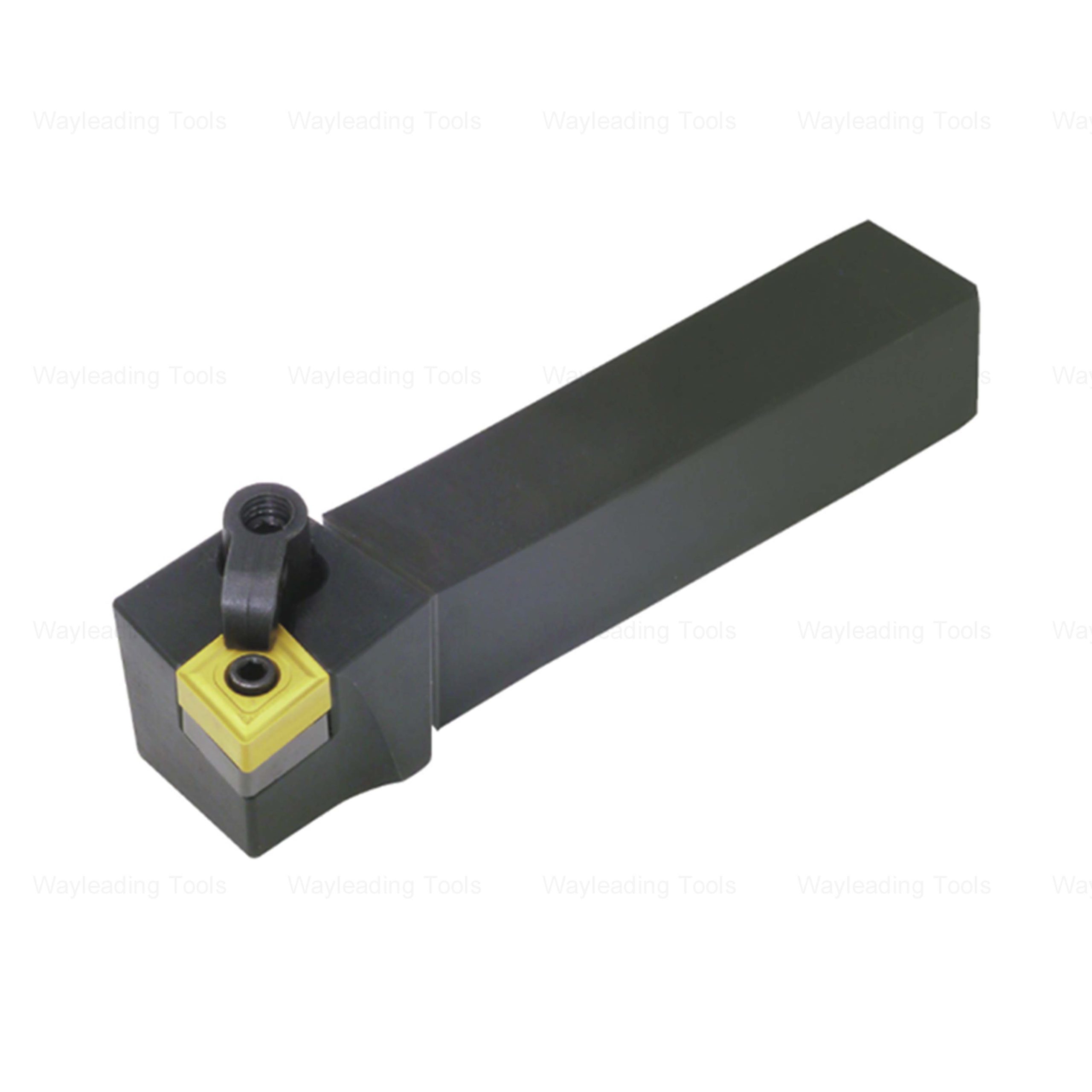 MCLN Indexable Turning Tool Holder – Right- and Left-Hand Types
MCLN Indexable Turning Tool Holder – Right- and Left-Hand Types -
 DIN338 HSS Twist Drill Bit Fully Ground Or TiN Coated
DIN338 HSS Twist Drill Bit Fully Ground Or TiN Coated -
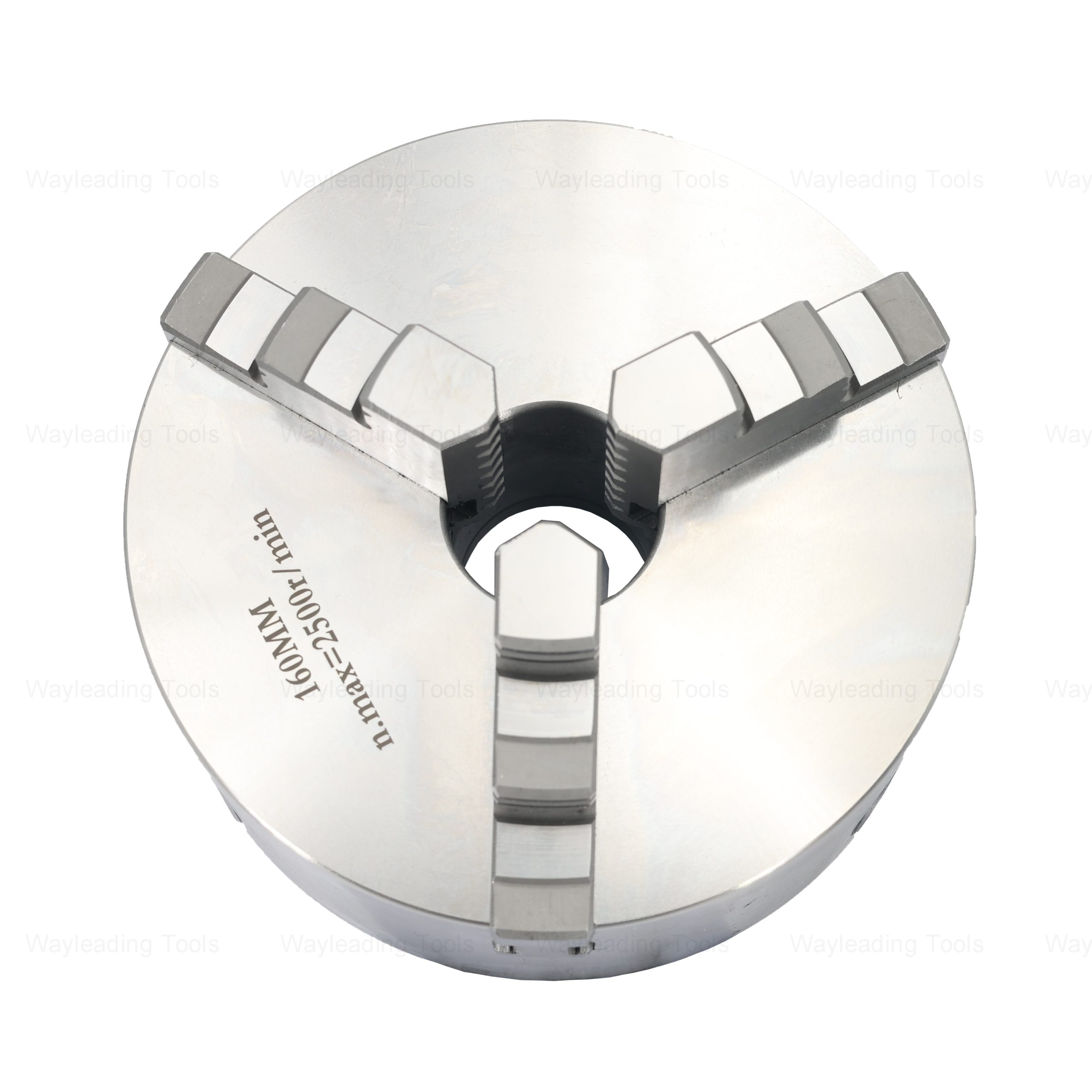 K11 Series 3-Jaw Self-Centering Lathe Chuck – Scroll Type, for Manual Lathes
K11 Series 3-Jaw Self-Centering Lathe Chuck – Scroll Type, for Manual Lathes -
 Type B Cylinder Tungsten Carbide Rotary Burr
Type B Cylinder Tungsten Carbide Rotary Burr -
 Parting & Grooving Tool Set With SLTB Blcok, NCIH Blades, GTN Inserts
Parting & Grooving Tool Set With SLTB Blcok, NCIH Blades, GTN Inserts

